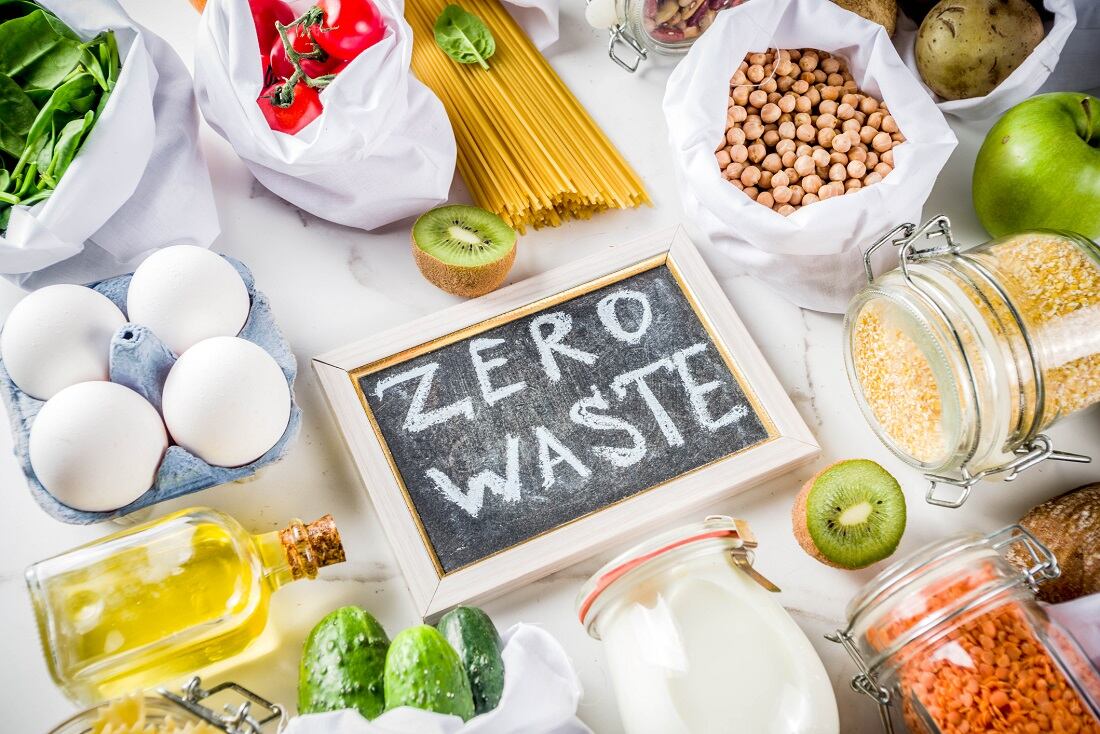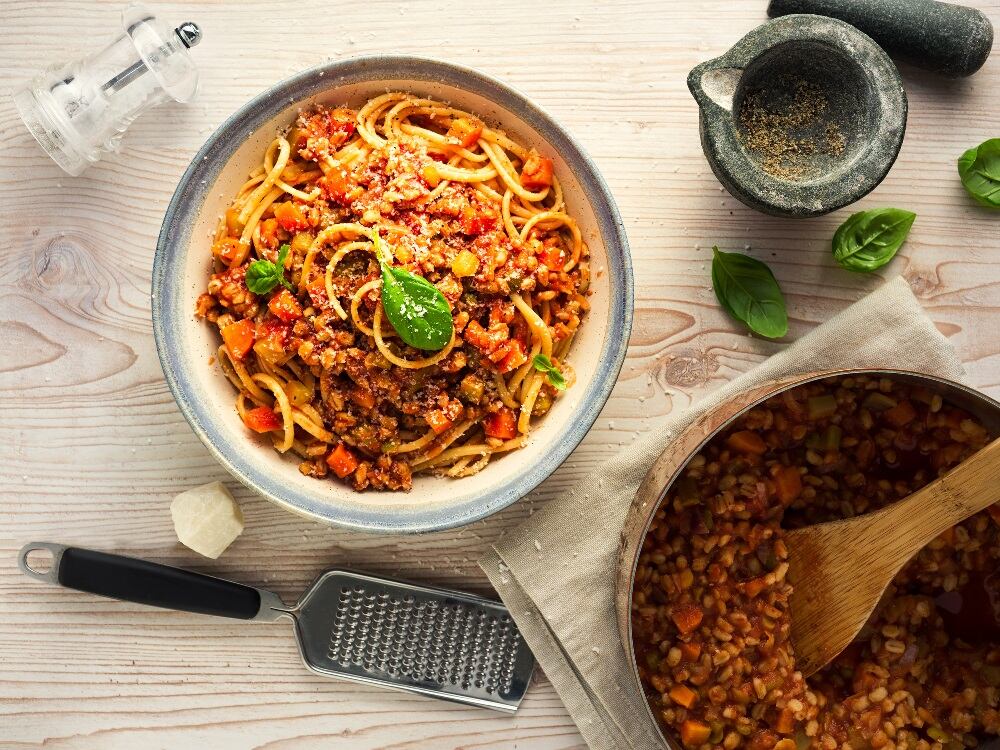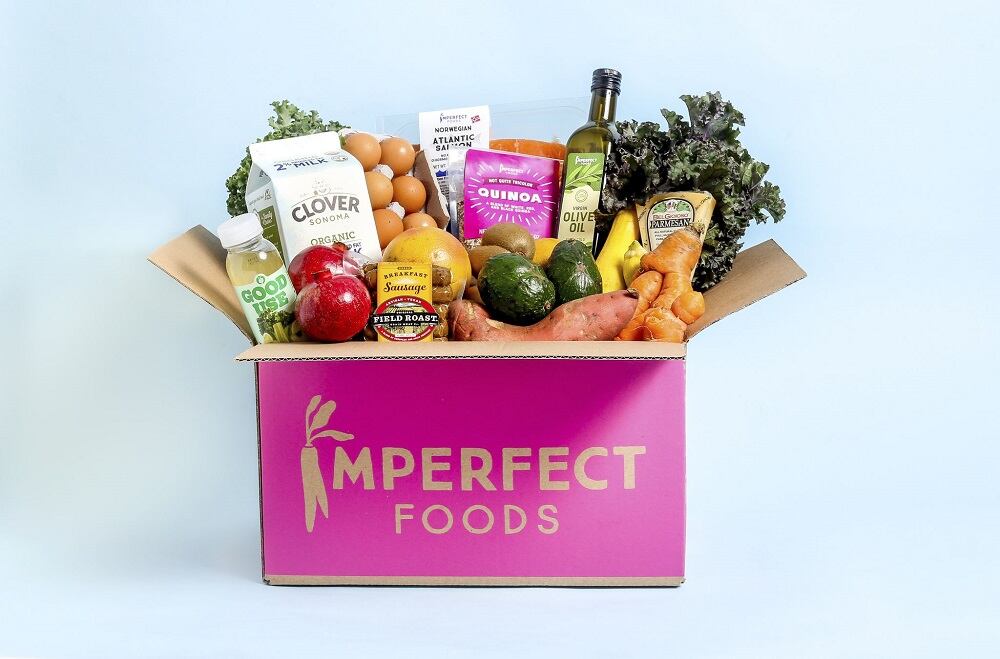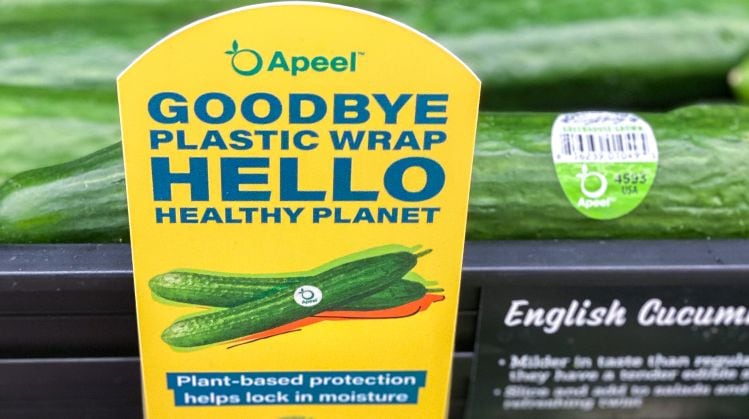"There’s close to 40,000 supermarkets across the country, and many of them throw away a lot of food, and it’s relatively consistent all across the country," said Do Good Foods co-founder and co-CEO Justin Kamine who founded the company with his brother Matt and father Hal five years ago.
The USDA estimates that approximately 30-40% of the nation's food supply goes to waste. According to the Upcycled Food Association, supermarkets account for roughly 10% of food waste, throwing away 43 billion pounds of food per year.
Many supermarkets simply don't have many viable options to offload their food waste and the solutions that do exist often have limited impact, argued Justin Kamine, Matt Kamine, and chief strategy officer Sam Kass.
The three said that to make a sizeable dent in decreasing the amount of food waste that goes to landfill, the solution must be at an industrial scale where tons of food waste can be repurposed.
"We wanted to really take a scalable sizeable solution and create an infrastructure solution to this food waste problem that we could scale nationwide," Justin Kamine said.
The Kamine family has spent the last 40 years building close to $4bn worth of scaled infrastructure solutions across the US including its most recent project, a 85,000-square-foot $25m facility in Pennsylvania that can process roughly 60,000 tons (120 millions pounds) of food waste annually. The project and future facilities following it was backed by a $169m investment from asset manager Nuveen.
The company aims to replicate the same model across the country over the next five years processing up to 160 tons of food waste material per day at each of its facilities.
Do Good Foods is currently working with 450 grocery stores including some of the country's largest chains and will expand its network of supermarket partners.
Animal feed to retail chicken
Do Good Foods is cutting down on the amount of food waste by taking a select portion of grocery stores' surplus perishable food items (as most packaged non-perishable items can be donated to food banks for human consumption) and processing it into an ingredient for dry animal feed, explained the Kamine brothers.
The company picks up retailers' surplus food and transports it to its new Pennsylvania facility where it is processed into a feed ingredient to supplement a chicken's diet.
But how closely do leftover perishable grocery items match up with a chicken's typical diet as most commercially-raised chickens are fed a diet made up of primarily cereal grains (e.g. wheat, barley, sorghum) and vegetable and protein sources (oilseed meals, soy, corn, and sometimes animal protein)?
According to Do Good Food's website, chickens are "natural omnivores" eating a variety of fruit, vegetables, seeds, worms, insects, and in some cases small rodents such as mice. The feed ingredient made by Do Good Foods is meant to complement a chicken's existing diet, explained the company.
Do Good Chicken
The chicken fed with Do Good Foods supplemental animal feed ingredient will then become the company's first consumer brand, Do Good Chicken, rolling out to retail and foodservice channels early next year.
"Do Good Chicken creates that closed loop system," said Justin Kamine, who noted that as one of the most highly consumed proteins (US consumers eat close to 100 lbs of chicken per year), it gives consumers a chance to take action against the issue of food waste.
"Part of the reason we haven’t made much progress [in reducing food waste] is because the solutions have been too complicated or difficult. We’re asking people to overhaul their lifestyles and change their behaviors and stop doing the things they love to do," said Kass.
"We’re not trying to build a brand for Berkeley and Brooklyn, we’re trying to build it for the whole country," said Kass.
'I think food waste is so tangible to so many people'
Do Good Chicken will be sold as raw chicken products at grocery stores and for foodservice outlets nationwide at an affordable price point in order to drive the most impact and be accessible to as many consumers as possible, noted Kass.
"About 70-80% of consumers are raising their hands to ask how they can help. I think food waste is so tangible to so many people, and [Do Good Chicken] is making it tangible by engaging with consumer at the retail shelf and empowering them to be really part of the fly wheel to solve this massive problem," added Kamine.
Do Good Foods added that its feed ingredient can be used across the animal protein industry and that it has plans to expand beyond chicken and into other animal protein products.




